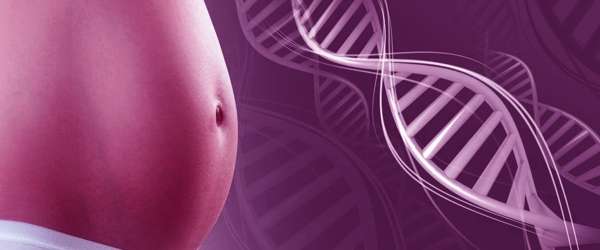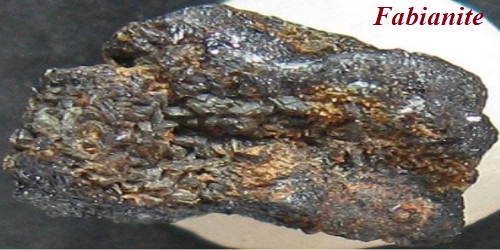High blood pressure affects approximately 30% of adults and is typically caused by a combination of genetic and acquired factors. A benign nodule in the adrenal gland is the cause for some people. Adrenal glands, which are located above the kidneys, produce the hormone aldosterone, which stimulates sodium reabsorption in the kidneys and raises blood pressure. Excess aldosterone production results in primary aldosteronism, which causes hypertension and is associated with an increased risk of stroke, heart attack, and other complications.
Primary aldosteronism is a condition that causes sudden onset high blood pressure due to increased production of the hormone aldosterone and can occur without warning during early pregnancy. This type of hypertension is frequently resistant to standard treatments.
An international study led by the Queen Mary University of London and St Bartholomew’s Hospital researchers discovered a unique pair of gene variants that cause unexpectedly high blood pressure in pregnant women. According to the researchers, testing for the variants correctly identified nine of ten women who would have developed high blood pressure during pregnancy, allowing them to begin treatment earlier.
An international study has found a unique pair of gene variants that causes sudden onset high blood pressure in pregnant women.
The EME program of the National Institute of Health Research, in collaboration with the Medical Research Council, the British Heart Foundation, and Barts Charity, funded the research in the United Kingdom.
Thirty percent of adults suffer from hypertension (high blood pressure). The majority of cases are caused by a combination of inherited and acquired factors that necessitate long-term treatment to avoid stroke and heart attack complications.
A specific cause of hypertension can be identified and removed in one out of every ten people. A tiny benign nodule in one of the adrenal glands is the most common cause. These are steroid hormone-producing glands located near the kidneys. The hormone aldosterone stimulates the kidneys to retain salt, causing blood pressure to rise. As a result, primary aldosteronism typically leads to a type of hypertension that is resistant to conventional drugs and is associated with an increased risk of stroke and heart attacks when compared to other hypertensive patients.

Over the years, a team of researchers from the Queen Mary University of London and St Bartholomew’s Hospital has discovered a number of gene variants that cause small adrenal nodules to produce high levels of aldosterone. Their most recent discovery, published today in the journal Nature Genetics, is a new type of primary aldosteronism caused by the coincidence of a unique pair of new variants that always occur together. The majority of the patients are women who present with sudden onset of high blood pressure and low blood potassium in the early months of pregnancy.
In collaboration with Professor Christina Zennaro, Inserm Research Director at the Paris Cardiovascular Research Center, and colleagues in Paris, it was discovered that the new variants activate a receptor molecule in the adrenal cells that recognize the pregnancy hormone Human Chorionic Gonadotropin (HCG), which is measured in routine pregnancy testing – and that the receptor molecule triggers a cascade of events.
“What was particularly satisfying is that recognition of the cause of hypertension in these women enabled them to complete a successful pregnancy and that afterward they were completely cured of hypertension by a procedure to remove the adrenal nodule, and were able to stop all their drugs,” said Professor Morris Brown, Professor of Endocrine Hypertension at the Queen Mary University of London.
“What was especially satisfying was that identifying the cause of hypertension in these women allowed them to complete a successful pregnancy,” study co-author Dr. Morris Brown said in a press release.
The study, published in the journal Nature Genetics, used a variety of genomic and protein expression analyses in adrenal nodule tissues from patients with primary aldosteronism to explain why women with these variants do not develop hypertension until they become pregnant.
When both G protein subunit genes 11 (GNA11) and Q (GNAQ) are mutated, a receptor in the adrenal cells responds to the presence of the pregnancy hormone human chorionic gonadotrophin (HCG) – the same hormone detected by pregnancy tests – causing increased aldosterone production. After the women had given birth ‘they were completely cured of hypertension by a procedure to remove the adrenal nodule, and were able to stop all their drugs’ said Professor Brown.
















